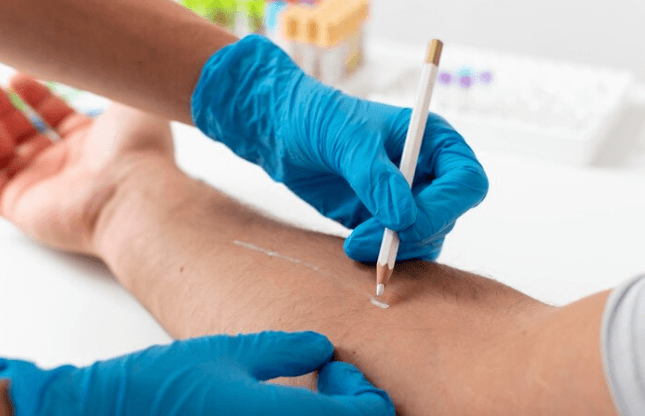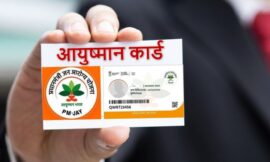Dengue fever is a mosquito-borne disease that can strike anyone, anywhere. If you live in or around Gurgaon, you’ve probably heard about dengue cases rising during the monsoon season. The good news is that getting a timely dengue test can help diagnose the illness early and guide appropriate treatment. But did you know that how you prepare for the test can influence its accuracy?
In this blog, we’ll cover simple and practical tips to ensure your test results are as precise as possible.
Why Is Proper Preparation Important?
Dengue tests are designed to detect the virus or antibodies in your blood. However, factors like timing, diet, or even dehydration can sometimes impact the results. A well-prepared test can make all the difference in helping your doctor provide the best care.
Let’s break down the steps to prepare.
1. Choose the Right Time
Timing is crucial when getting tested for dengue. The virus is usually detectable in the blood during the first five days of symptoms like fever, body aches, or rashes. If you’ve experienced these signs recently, don’t delay in booking your dengue test in Gurgaon.
Real-life example: A friend of mine once delayed her dengue test, thinking the fever was just a seasonal flu. By the time she got tested, her platelet count had dropped significantly, requiring hospitalization. Early testing can help you avoid such risks.
2. Stay Hydrated
Before your test, make sure you’re well-hydrated. Dehydration can sometimes make blood collection harder, leading to discomfort during the test. Drinking plenty of water ensures smoother blood flow and makes the process quicker and easier.
3. Follow Fasting Instructions (if applicable)
While most dengue tests don’t require fasting, some healthcare providers may recommend it, especially if additional tests are being performed alongside. Double-check with the lab or doctor beforehand to avoid any confusion.
4. Avoid Medications That Might Interfere
If you’re taking over-the-counter painkillers or fever reducers, inform your doctor before the test. Some medications, like aspirin, can impact platelet levels and might influence the interpretation of your results.
Personal anecdote: I remember feeling anxious during my dengue test because I had taken a paracetamol tablet just hours before. My doctor reassured me that it wouldn’t affect the test, but I learned to always communicate such details upfront.
5. Wear Comfortable Clothing
This might seem trivial, but wearing a loose, short-sleeved shirt or top can make the blood sample collection process more comfortable. It saves time and minimizes any inconvenience during the test.
6. Be Ready to Share Your Medical History
Dengue symptoms can overlap with other illnesses like malaria or typhoid. When visiting the diagnostic center, share any recent illnesses, travel history, or other health concerns with your healthcare provider. This helps them decide on the appropriate tests to run.
Final Thoughts
Getting a dengue test doesn’t have to be a stressful experience. By following these tips, you can ensure that your results are accurate and your diagnosis is timely. Early detection plays a critical role in managing dengue effectively and avoiding complications.

